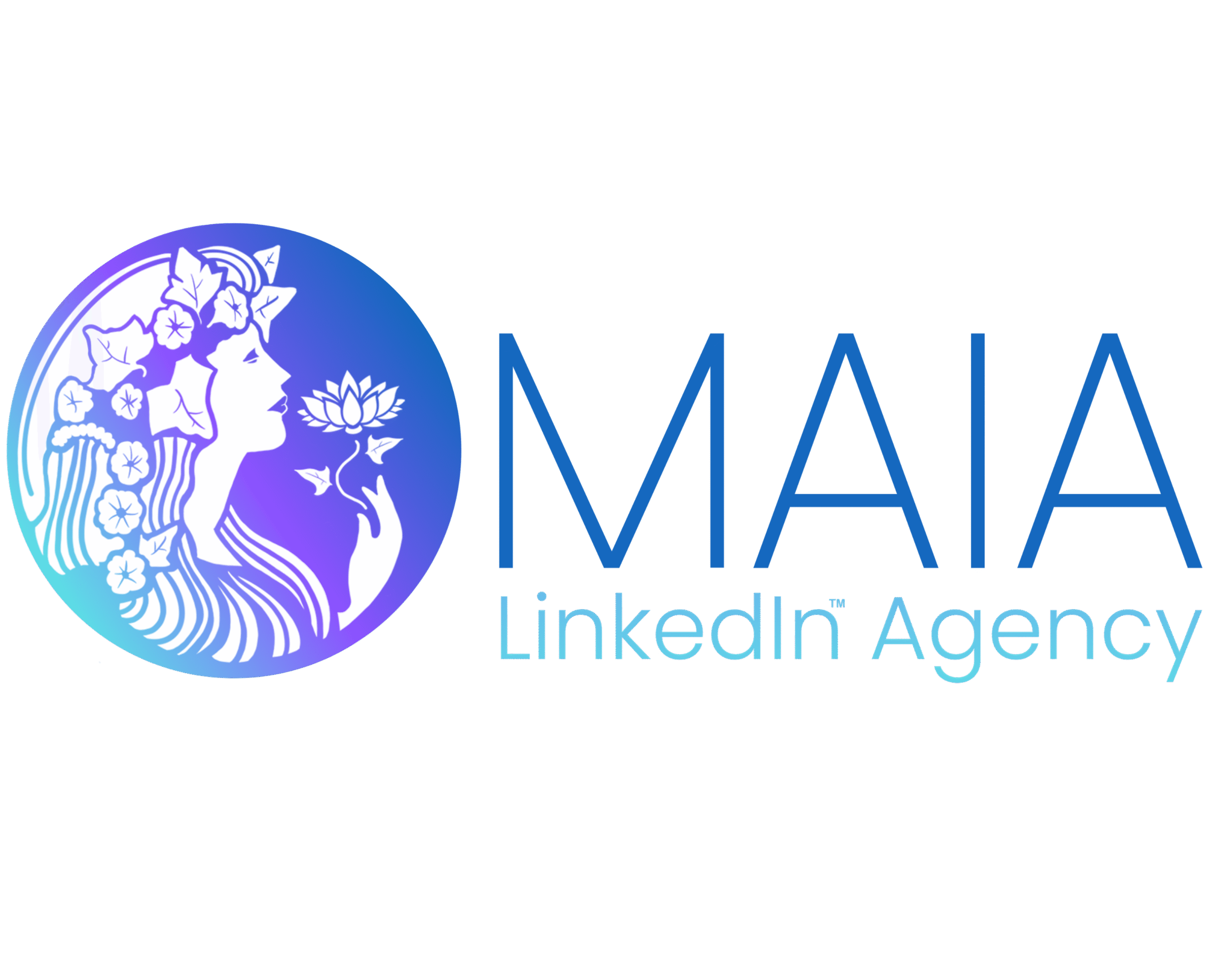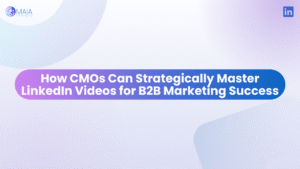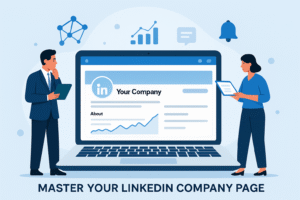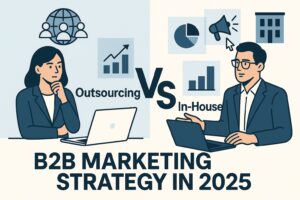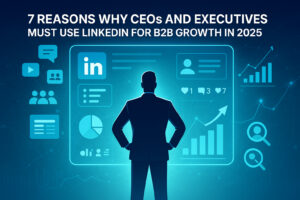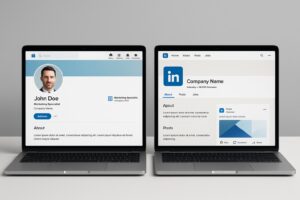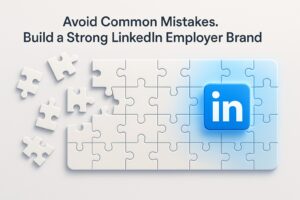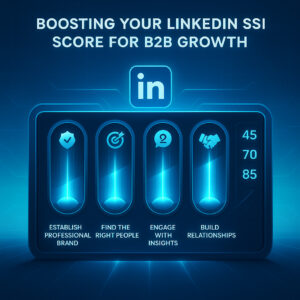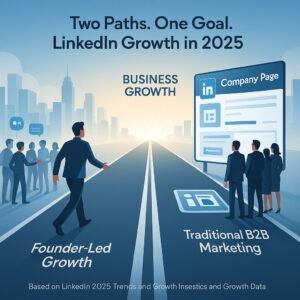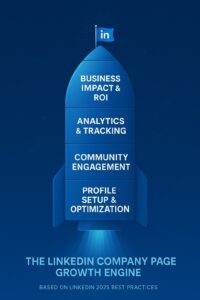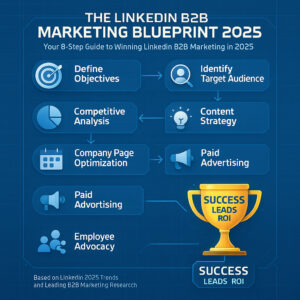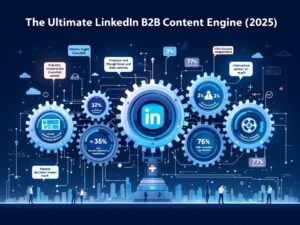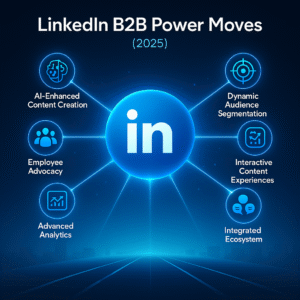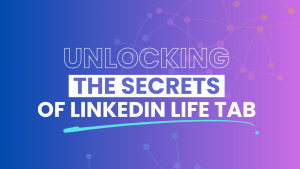- P2B Model: A new approach focusing on the People narratives in business.
- Employee Advocacy: 3% of sharing employees drive 30%+ engagement.
- Social Selling Impact: Salespeople who share regularly are 45% more likely to exceed quotas.
- Lead Conversion: Employee-generated leads convert more effectively.
- Sales Cycle: 64% of advocates see a shortened sales cycle through employee advocacy.
In the evolving landscape of business interactions, the concept of P2B – People-to-Business – emerges as a transformative approach, challenging the traditional boundaries of B2B and B2C models. By placing people – with their unique blend of experiences, insights, and personal stories – at the center of business strategies, P2B fosters a deeper, more authentic connection between businesses and their stakeholders.
Why ‘People’ in P2B?
The term ‘People’ in P2B is chosen over ‘Human,’ ‘Employee,’ or ‘Individual’ to emphasize a comprehensive view of professional roles. It goes beyond biological aspects or employment status to encompass the entirety of people’s professional and personal attributes.
The choice of ‘People’ in P2B is intentional and significant and was selected over ‘Human,’ ‘Employee,’ or ‘Individual’ for several reasons:
- People vs. Human: While ‘Human’ emphasizes our shared humanity and biological aspects, ‘People’ goes further, encompassing the whole spectrum of professional and personal attributes. It recognizes not only our shared humanity but also our unique personalities, experiences, and contributions in a professional context.
- People vs. Employee: ‘Employee’ is a role-specific term, confined to the boundaries of an organization and its structure. P2B transcends these boundaries. It acknowledges that contributors to a business’s success are not just those on the payroll but may include external stakeholders, partners, and even customers – all of whom are ‘people’ in their own right.
- People vs. Individual: ‘Individual’ often connotes a sense of isolation or singularity. In contrast, ‘People’ implies a more holistic view, encompassing individuals’ social interactions, relationships, and collaborations. It’s about the roles they play within the broader business ecosystem, not just their standalone characteristics or capabilities.
In every organization, irrespective of size or sector, people play diverse and dynamic roles. From startup founders passionately pitching their vision to executives in large corporations strategizing for global expansion, P2B embodies the unique contributions of each person. It’s about recognizing and valuing each ‘person’ in their entirety – their thoughts, experiences, roles, and the unique value they bring to the business world.
Empowering Brand Awareness Through P2B
In the P2B model, brand awareness is significantly empowered by leveraging personal networks. Statistics from “The Official Guide to Employee Advocacy’ by LinkedIn show that an employee’s network has, on average, ten times more connections than a company’s followers. This vast network potential can be harnessed to amplify brand messages, making personal advocacy an essential tool for expanding brand reach.
Lead Generation and Sales Cycle Enhancement
The P2B approach also significantly impacts lead generation and sales processes. The Hinge Research Institute’s findings are illuminating in this context: nearly 64% of advocates credit employee advocacy with attracting and developing new business, while nearly 45% attribute new revenue streams to employee advocacy. These statistics highlight the power of personal advocacy in shortening sales cycles and enhancing revenue generation.
Strengthening Employee-Company Relationships
P2B helps build a more lasting employee-company relationship. This is evident in the data showing that merely 3% of employees who share company content can generate over 30% of total brand engagement. Additionally, employee-shared content has a double click-through rate on LinkedIn when compared to company-shared content. This emphasizes the importance of encouraging and valuing employee contributions in communication strategies.
Implementing P2B in Business Strategies
To fully harness the benefits of P2B, businesses must strategically integrate employee advocacy and personal engagement into their operations. This involves creating environments that encourage and reward personal sharing, aligning business goals with individual aspirations, and recognizing each person’s unique contributions.
Case Study: Maximizing Sales Impact with P2B and Social Selling
A pivotal IDC study revealed that 75% of B2B buyers and 84% of C-level executives use social media in their purchasing decisions, highlighting the profound influence of social networks in the business purchasing process. This trend underscores the need for sales teams to harness the power of their personal social media profiles for identifying prospects and building trust. By aligning with the P2B model, which emphasizes personal interactions and insights, sales representatives can effectively position themselves in a prospect’s mind, significantly enhancing the likelihood of exceeding sales quotas and converting leads.
The Impact of Social Selling is Quantifiable and Significant
Sales professionals engaging in regular social selling activities are 45% more likely to surpass their sales targets. Moreover, leads generated through employee social marketing demonstrate a higher conversion rate, reinforcing the efficacy of personal advocacy in the sales process. This aligns seamlessly with the P2B approach, where individual contributions and engagements are key drivers of business growth and customer relationships.
Supporting this, the Hinge Research Institute found that employee advocacy programs are instrumental in shortening sales cycles, with 64% of advocates attributing it to new business development and 45% linking it to new revenue streams. This further cements the role of individual employees in accelerating business success under the P2B framework. By integrating personal advocacy and authentic interactions into their sales strategy, companies can leverage the full potential of their workforce to create more meaningful and profitable customer engagements.
Practical Applications for Embracing P2B
- Employee Advocacy Programs and Content Coaching: Encourage employees to share their professional insights and experiences on social media platforms. This can be a powerful tool for enhancing brand authenticity and reach.
- Personal Branding and Brand Ambassadors Workshops: Conduct workshops for employees to develop their personal brands, aligning their professional goals with the company’s vision, and leveraging their unique perspectives to drive business growth.
- Encourage and Celebrate Your Talents: Develop initiatives that recognize and celebrate the unique skills and achievements of your employees. This not only boosts morale but also demonstrates the company’s commitment to valuing individual contributions.
Such recognition can enhance employee engagement and loyalty, further strengthening the company’s brand as an employer that truly values its people. Showcasing these talents on platforms like your company website or social media can also inspire others and attract prospective talent.
As we move forward, the integration of P2B into business strategies will not only be a competitive advantage but a necessity in an increasingly connected and personalized world. Businesses that embrace this shift will be better positioned to respond to evolving market demands and build deeper, more enduring relationships with their stakeholders. The future of business is personal, and P2B is the key to unlocking this potential.
